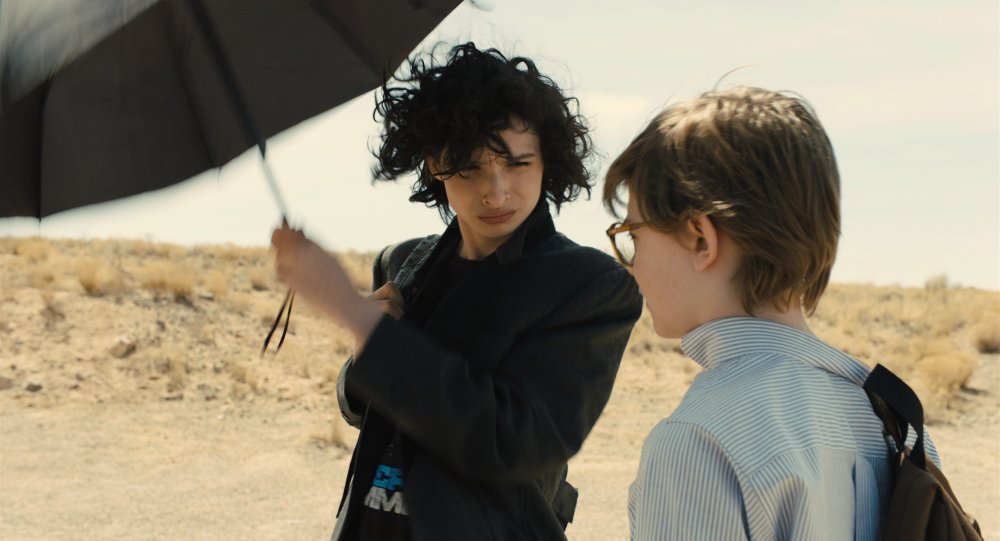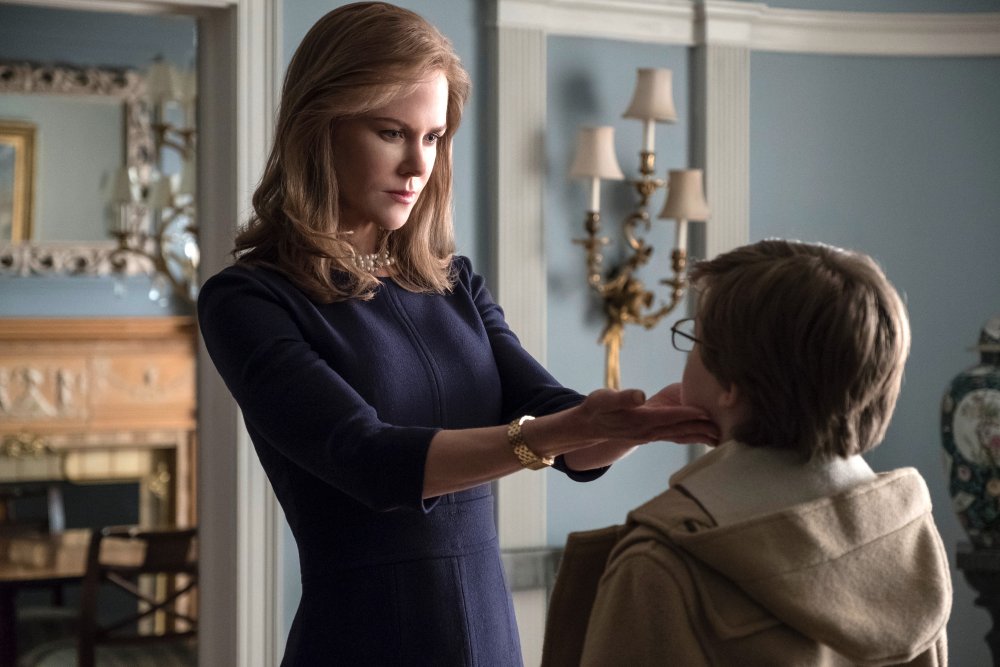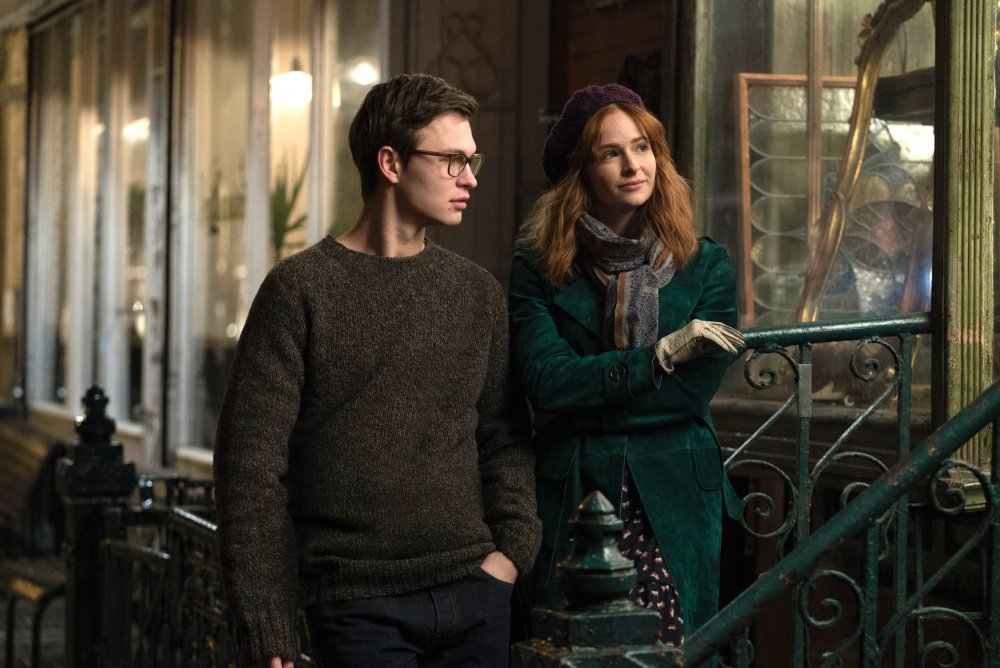Spoiler alert: this review reveals a plot twist
Though Donna Tartt’s 784-page 2013 Pulitzer-winner The Goldfinch caters to an elitist view of great art’s transformative effect on the spectator and the need for it to survive the ages, the novel succeeds as a universal existential tale about moral failure and romantic disappointment. It has a sympathetic protagonist in Theo Decker, a Manhattan youth whose traumatising by his beloved mother Audrey’s death in a terrorist attack makes him psychologically unable to return the priceless painting he took from the museum where Audrey was killed: The Goldfinch by Dutch artist Carel Fabritius, its subject significantly chained.
USA 2019
Certificate 15 149m 16s
Director John Crowley
Cast
Theo Decker (adult) Ansel Elgort
Theo Decker (young) Oakes Fegley
Boris (adult) Aneurin Barnard
Boris (young) Finn Wolfhard
Xandra Sarah Paulson
Larry Luke Wilson
Hobie Jeffrey Wright
Pippa (adult) Ashleigh Cummings
Samantha Barbour Nicole Kidman
Audrey, Theo’s mother Hailey Wist
Kitsey Barbour (adult) Willa Fitzgerald
Andy Barbour (young) Ryan Foust
Welty Robert Joy
Lucius Reeve Denis O’Hare
[1.85:1]
UK release date 27 September 2019
Distributor Warner Bros. Pictures International (UK)
thegoldfinchmovie.net
► Trailer
Theo’s ingesting of his abusive father Larry’s exploitative nature also bears pathological fruit: as an adult, he routinely sells to his clients the forged vintage furniture innocently restored by his partner Hobie. In Theo’s Ukrainian friend Boris – also motherless and abused by his father – Tartt meanwhile created one of recent literary fiction’s great comic characters, the drug-trafficking Artful Dodger to Theo’s corruptible Oliver.
The film’s director John Crowley (Brooklyn) and screenwriter Peter Straughan (Wolf Hall) evidently strove to capture the Dickensian sprawl and eccentricity, descriptive beauty and fatalistic atmosphere of Tartt’s novel. However, they lost sight of the wood for the trees (if less disastrously than did Brian De Palma and Michael Cristofer with their 1990 adaptation of Tom Wolfe’s also Dickensian The Bonfire of the Vanities).
It’s worth noting that Tartt is influenced not only by Dickens but by Robert Louis Stevenson, whose adventure novels are propelled by their flow of striking incidents. In abandoning the strict linearity of Tartt’s story to intercut between as many as three temporal strands at once, the film may replicate Theo’s stream of consciousness as, stuck in an Amsterdam hotel room he looks back on his disastrous journey and contemplates suicide, but it’s at the cost of narrative rhythm and Stevensonian electricity.

Especially flat is the long middle act. The offscreen murder of Larry for defaulting on his gambling debts fails to elicit excitement. (That the acid-tripping Theo and Boris giggle when they learn of his demise is admittedly a nice touch.) The screenplay drains Tartt’s story of its unease by neglecting the nausea-inducing fear Theo lives with, knowing that his theft of The Goldfinch would, if discovered, earn him a long prison sentence. Con man Lucius Reeve’s threat to report Theo to the FBI goes nowhere. Theo’s Great Expectations-like wooing of his soulmate Pippa is thwarted more by her belief that, as victims of the bombing, they would never be strong enough to lean on each other; their tender relationship is not the tragedy of unrequited love it is in the novel.
On the plus side, the film brings Theo to a powerful catharsis. At his lowest ebb, he finally recalls his last exchanges with Audrey. Hitherto seen only from behind – and voiceless – she materialises as the inspirational mother who, with affecting words and looks, impressed on him the beauty of art. Idealised her character may be, but actress Hailey Wist makes the most of her brief appearance.

More problematic is the earlier section, when the orphaned Theo moves in with school friend Andy Barbour and his wealthy parents, Samantha and Chance, and the film shifts its focus to its biggest star. Nicole Kidman’s Samantha becomes Theo’s mother surrogate (as Hobie replaces his father). But as Samantha’s aloofness towards Theo gives way to affection, Crowley so frequently cuts to her giving him enquiring and caring looks as to make her the subject of their scenes together.
After Theo returns from Vegas, he consoles Samantha, who is grieving for Andy, who has drowned with Chance. Kidman is typically fine as this unhappy woman, but the filmmakers err in treating her so reverently. More attention might have been given to making the performances of Ansel Elgort and Aneurin Barnard, the older Theo and Boris, resonate as much as those of the actors who play them as teens. Finn Wolfhard is a joy as Boris, whose sybaritism jolts Oakes Fegley’s Theo out of his solipsism, if not his Harry Potter-ishness.
There’s no faulting Roger Deakins’s dreamy cinematography or K.K. Barrett’s diverse production design – perfect in its recreation of the Barbours’ once elegant apartment, Larry’s suburban Vegas house bordering the desert and the seedy Amsterdam bar where Theo and Boris retrieve The Goldfinch. Trevor Gureckis’s classical score is suitably discordant, though the use of songs by New Order and Radiohead seems modish, no matter that Tartt mentions the latter band in her book.
-
Toronto International Film Festival 2019 – all our coverage

Our reviews of the best new films at this year’s TIFF.
-
The Digital Edition and Archive quick link
Log in here to your digital edition and archive subscription, take a look at the packages on offer and buy a subscription.





